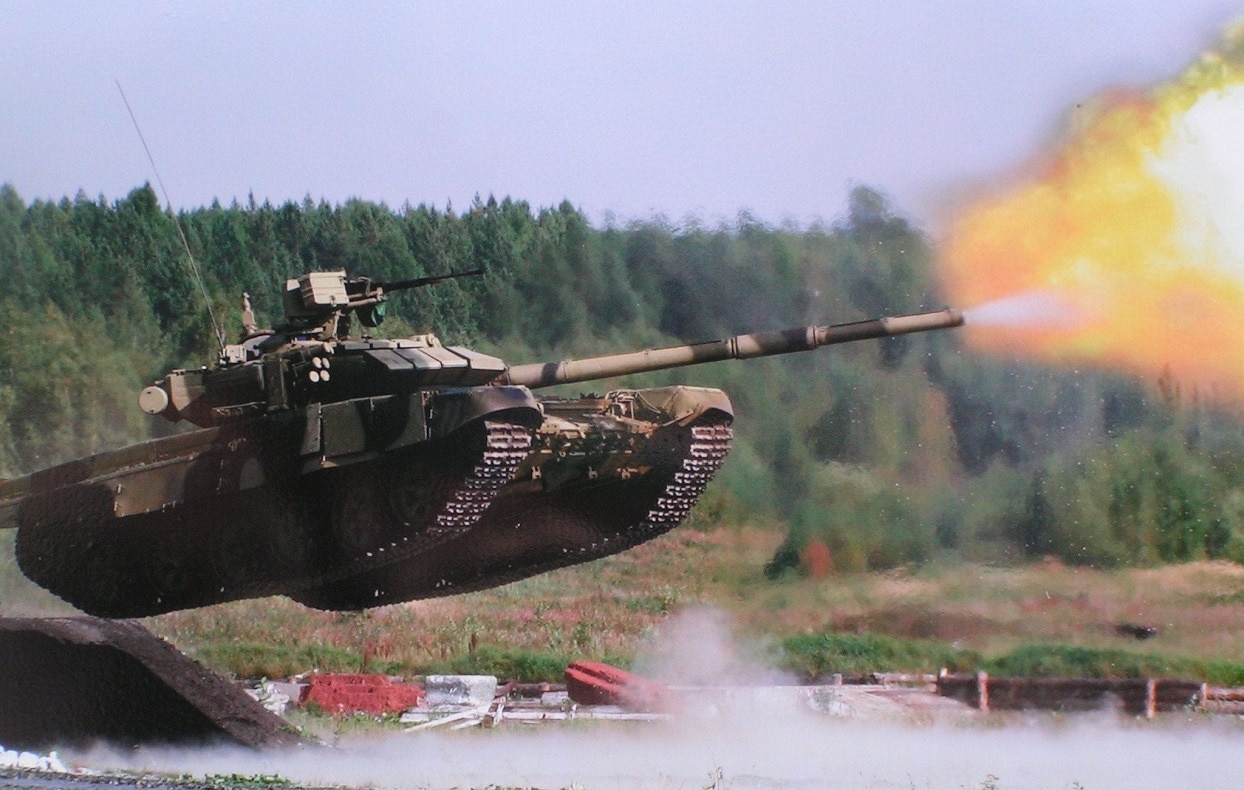Rumors are flying once again that Russia is planning to invade Ukraine. The latest flurry of concern intensified when Brig. General Kyrylo Budanov, Ukraine’s director of defense intelligence, asserted in a November 20, 2021, interview with Military Times that Moscow already had plans in place to launch an invasion by the end of January 2022. He was not talking about a modest border incursion either. Such an attack would likely involve airstrikes, artillery, and armor attacks followed by airborne assaults in the east, amphibious assaults in Odesa and Mariupol, and a smaller incursion through neighboring Belarus, Budanov insisted.
This is hardly the first time that reports have circulated that Russia plans to invade and subjugate its neighbor—and it’s hardly the first time that Ukraine’s government has fanned such fears to gain more support from the United States and NATO. In April 2021, Kyiv cited a sizable buildup of Russian forces (with a wildly inflated European Union estimate of 150,000 troops) near Crimea, the peninsula that Moscow annexed in 2014 after the Western powers assisted demonstrators to overthrow Ukraine’s elected, pro-Russia president, Viktor Yanukovych. The troop movements led to serious tensions between Russia and NATO, which eased in late April only when the Russian units pulled back from their forward positions.
Periodic reports that Vladimir Putin supposedly harbors massive expansionist plans at Ukraine’s expense have surfaced for years. In the months that followed the Crimea annexation and Russian assistance to the separatist rebellion that erupted in Ukraine’s eastern Donbas region, there were multiple charges from Ukrainian officials and their sympathizers in the West that the Kremlin planned to follow up with a full-fledged invasion. Those reports proved unfounded, and the latest allegations should be viewed with healthy skepticism.
Putin has ample reasons to resist any desire to occupy Ukraine since such a mission would be an exercise in masochism. Russia would acquire a corrupt, dysfunctional economy that would be a major drain on Moscow’s already strained financial resources. Worse, although Ukraine’s eastern, largely Russian-speaking regions might not object strenuously to Moscow’s rule, the intensely nationalistic western portion of the country would become a hotbed of resistance. A conquest of Ukraine would replicate on steroids Russia’s headaches with its East European satellites during the Cold War. There is little credible evidence that Putin or his associates want to venture down that path again—or even to impose a puppet regime that would restore Ukraine to Moscow’s geopolitical orbit, despite assertions from some Western analysts to the contrary.
The one factor that might impel the Kremlin to take such an ill-advised step would be Washington’s ongoing effort to make Ukraine a NATO member—a forward staging area for Western military power directed against Russia. It is a reckless course, but that aspect has not deterred Russophobic U.S. policymakers. Indeed, Washington’s arms sales to Kyiv, its expressions of support for Ukraine’s security, and its lobbying effort to include Ukrainian forces in multiple NATO military exercises (war games) have made Ukraine a NATO member in all but name. Yet Kremlin officials have warned repeatedly that such a course risks crossing a red line with respect to Russia’s vital security interests, and we need to take those warnings far more seriously.
Ukraine hypes the Russian threat and seeks every opportunity to solicit ever-greater U.S. and NATO backing–even for Kyiv’s revanchist aims. Unfortunately, that strategy seems to be paying off. In an April 2 telephone call to Ukraine’s president, Volodymyr Zelenskyy, President Biden “affirmed the United States’ unwavering support for Ukraine’s sovereignty and territorial integrity in the face of Russia’s ongoing aggression in the Donbas and Crimea.” Ukraine’s sovereignty over those two territories, though, is very much in dispute.
Kyiv’s foreign policy has become alarmingly bellicose toward its much larger, more powerful neighbor, and that development makes Ukraine a dangerous partner for the United States and its NATO allies. Ukraine’s leaders do not seem to be deterred by their country’s military limitations, apparently counting on Western support to remedy the deficit. In late August 2021, Ukraine held a military parade to celebrate the 30th anniversary of its independence and declared that it would reclaim both Crimea and territories in the eastern Donbas currently under the control of Kremlin-backed separatists. The country’s official defense strategy document adopted in March 2021 explicitly includes those goals as well. Such objectives also appear to be more than rhetorical, as the decision in April to deploy troops and tanks near Crimea for provocative military drills indicated.
It is likely that the latest allegations about an impending Russian invasion are largely hype, as were the earlier episodes. If Moscow takes any military action, it is more likely to take the form of limited border incursions in the Donbas to support the pro-Russian separatists, rather than a massive offensive with tank columns rolling toward Kyiv. However, with respect to both the new war scare and the one in April, U.S. leaders appear to regard the reports as credible and are conveying that message to other NATO members. One truly hopes they are mistaken because such a crisis could easily culminate in an international horror—a major war between NATO and Russia, with all the destruction and casualties that would ensue. If that nightmare comes to pass, leaders in both Kyiv and Washington can only blame themselves for their bellicose and myopic behavior.
Ted Galen Carpenter, a senior fellow in defense and foreign policy studies at the Cato Institute and a contributing editor at 19FortyFive is the author of 12 books on international affairs, including NATO: The Dangerous Dinosaur (2019).

